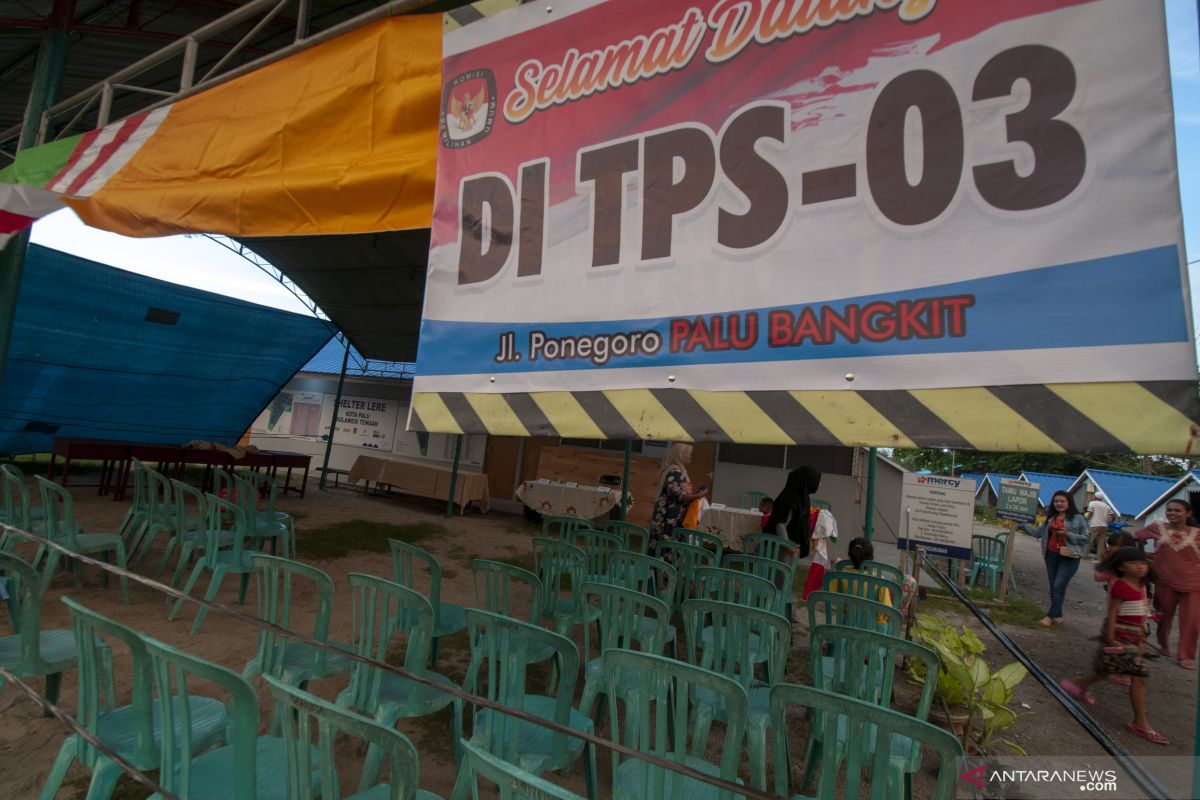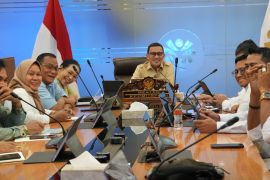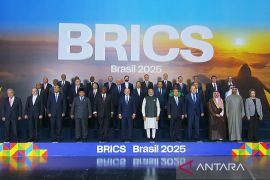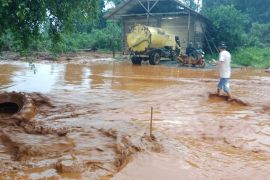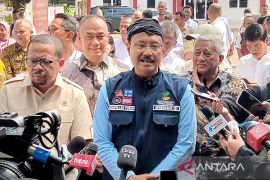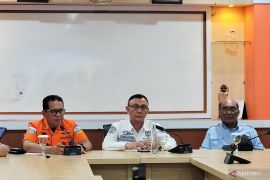Based on data of the General Election Commission (KPU), there are a total of 2,086,285 eligible Indonesian voters comprising 902,727 males and 1,155,464 females overseas, compared to 90,779,969 eligible voters inside Indonesia.
There were three methods of voting overseas— going to polling stations, mailing, or mobile ballot boxes. A total of 783 polling stations were set up in 130 cities overseas. The Overseas Electoral Committee also served 2,345 mobile ballot boxes, and 429 postal services.
The diaspora cast their ballots for their preferred pair of presidential and vice presidential candidates, and their representatives at the House of Representatives (DPR). The ballots will be counted on April 17, along with the counting of votes in Indonesia's 34 provinces.
Earlier, the Ministry of Foreign Affairs (MOFA) of the Republic of Indonesia had assured everyone that the overseas election committee would maintain the utmost integrity while collecting the votes of overseas Indonesians.
"The foreign election committees are formed by Indonesian citizens living abroad. All matters relating to the general election will be conducted impartially," noted MOFA's Director of Indonesian Citizen Protection Lalu Muhammad Iqbal here on April 1, 2019.
Malaysia has the most number of Indonesian voters at nearly one million.
KPU Commissioner Hasyim Asy'ari on April 16 highlighted the rising level of enthusiasm among eligible voters in Malaysia to vote at polling stations readied by the Kuala Lumpur-based Overseas Electoral Committee (PPLN).
"It was quite remarkable to witness the enthusiasm of eligible voters thronging the Indonesian representative compounds in Kuala Lumpur to exercise their voting rights. Those unaware of the goings-on thought that the crowds were rallying," he stated.
In Seoul, thousands of Indonesian citizens living in South Korea went to the Embassy of the Republic of Indonesia to participate in the elections on April 14, although they had to stand in queue for a while.
They came from various regions of Korea, including Daejeon, a distance of hundreds of kilometers from Seoul and small industrial cities such as Ansan on the outskirts of the capital.
"The voting today is safe and under control, not only in Seoul but also in other polling stations," said the chairman of the Seoul PPLN, Huda Ulinuha.
In Ethiopia, Savitri Ari Ernaningtyas, an Indonesian national who has lived in the African country for 20 years with her African husband and two sons, went to Hawassa city to cast her vote via the mobile ballot box.
“I come to cast my vote not only because it’s my democratic right, but also because I love and miss Indonesia. I want Indonesia to advance further,” Savitri was quoted as saying by Al Busyra Basnur, Indonesian Ambassador to Ethiopia, Djibouti and the African Union, on April 13.
To cater to the overwhelming enthusiasm among Indonesian voters to take part in this year's parliamentary and presidential elections, the electoral committee had extended the voting hours that were earlier set at 6 p.m. local time to facilitate all eligible voters to exercise their voting rights.
The overseas voting process, however, came under the public glare following complaints from several Indonesians, who failed to cast their votes in polling stations, particularly in Sydney (Australia) and Hong Kong. In Malaysia, the electoral process was even marred by alleged fraud as thousands of ballots were found to have been pierced in advance in Selangor. The case is now under investigation by the Malaysian police.
Vice President Jusuf Kalla explained that polling booths in some nations had sent away several eligible voters perhaps due to the complex election process coupled with the increasing enthusiasm among the Indonesian diaspora to vote.
Kalla made the statement while drawing reference to Indonesians, comprising those in Sydney, Australia, and Hong Kong, who were unable to cast their ballots owing to time restrictions, as polling stations reportedly closed down at 5 p.m. local time.
In fact, Joko Widodo (Jokowi)-Ma'ruf Amin National Campaign Team (TKN) approached the Election Supervisory Board (Bawaslu) to report alleged fraud and violations during the overseas election in seven countries.
TKN's Director of Law and Advocacy Ade Irfan Pulungan visited the Bawaslu Headquarters on April 15 to report the findings.
The filing of reports was done on the basis of information circulating on social media, WhatsApp groups, and official complaints filed by command posts across overseas polling stations, he revealed.
"The information we have received is largely from the Indonesian diaspora overseas. Different forms of fraud and violations were apparently committed, particularly in Sydney," he remarked.
Pulungan admitted to the receipt of reports indicating violations from Brisbane, Australia, and the districts of Wan Chai and Yuen Long in Hong Kong, where several Indonesian citizens were unable to cast their ballots in spite of queuing up for long hours, as the election officers at the locations remarked that the time was up.
"In reality, we came across several related issues in the Netherlands, Germany, New Zealand, and Bangladesh. Though there are six or seven nations, the most apparent cases were in Sydney, Australia," he pointed out.
Pulungan has called on Bawaslu to conduct an investigation into the alleged fraud and violations.
Meanwhile, Speaker of the House of Representatives (DPR) Bambang Soesatyo urged the KPU to ensure all Indonesian citizens use their voting rights abroad.
He urged the KPU to find the best solution for Indonesian citizens living abroad who could not exercise their right to vote because one vote could determine the fate of the nation.
"All Indonesian citizens have the same rights and obligations in the 2019 elections," he said.
Editor: Rahmad Nasution
Copyright © ANTARA 2019
